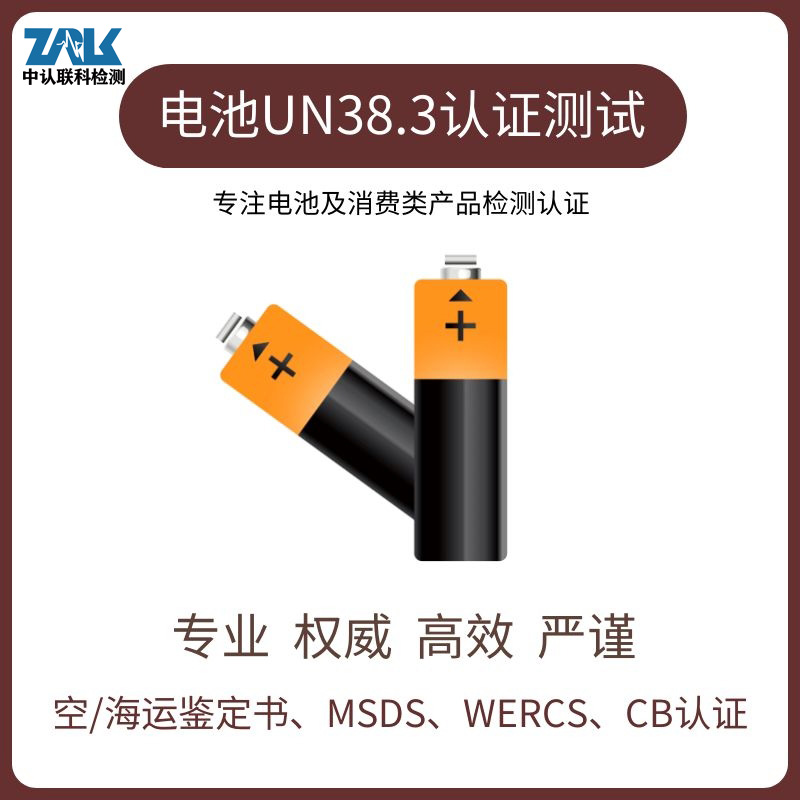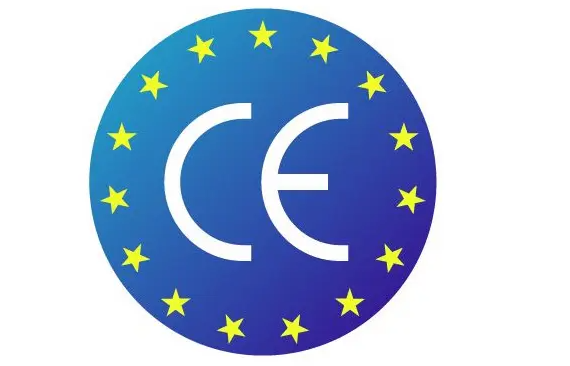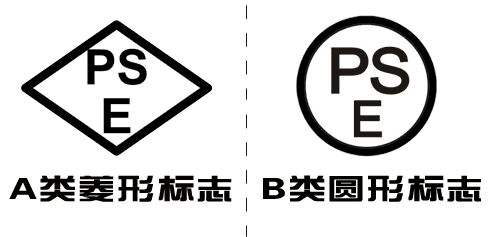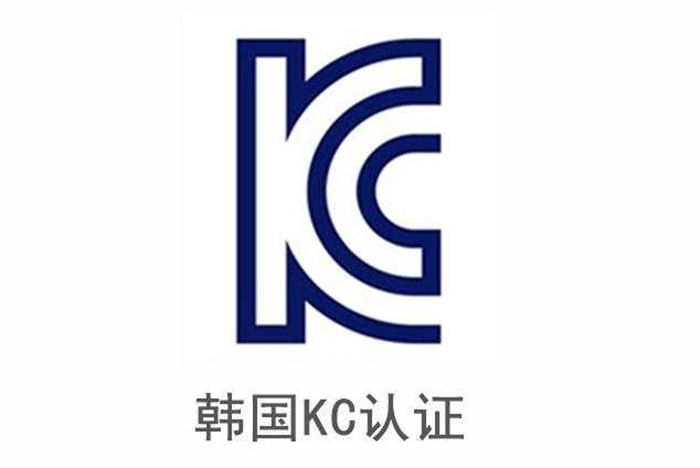In the globalized market environment, pouch batteries have become important energy storage devices in the new energy field due to their lightweight, high energy density and flexibility, and are widely used in electric vehicles, consumer electronics and energy storage systems. However, as the international market's requirements for the safety of lithium batteries become increasingly strict, the UN38.3 certification has become an "international pass" for the export of pouch batteries. This article will combine the actual situation and analyze in detail the process, significance and enterprise response strategies of UN38.3 certification.

I. The Importance of UN38.3 Certification
The UN38.3 certification is a safety standard for lithium battery transportation jointly developed by the International Civil Aviation Organization (ICAO) and the International Maritime Organization (IMO), aiming to ensure that lithium batteries do not cause safety accidents during transportation due to issues such as thermal runaway, short circuits, or mechanical damage. For pouch batteries, the UN38.3 certification is not only a reflection of product quality but also a necessary condition for enterprises to enter the international market.
By obtaining UN38.3 certification, enterprises can prove that their products comply with international transportation safety requirements, thereby gaining recognition in the global market. Certification is not only a guarantee of product quality, but also a reflection of an enterprise's brand value. Certified enterprises can stand out in the international market and attract more global customers and partners.

Ii. The Actual Process of UN38.3 Certification
1. Certification application and document preparation: Enterprises need to submit certification applications to international certification bodies and provide relevant materials, including product technical specification sheets, design drawings, test reports, production process descriptions, etc. These materials need to provide detailed descriptions of the product's performance parameters, safety features, and quality control measures during the production process.
2. Product testing and safety assessment: Certification bodies will conduct strict tests on pouch batteries, including thermal stability tests, vibration tests, shock tests, drop tests, and short-circuit tests, etc. These tests are designed to verify the safety performance of the product under different transportation conditions, ensuring that it does not pose any safety hazards due to environmental changes or unexpected situations.
3. Document review and compliance assessment: After the product testing is passed, the certification body will review the enterprise's test reports, production process documents, and quality management system documents to ensure that all data and processes comply with the requirements of the UN38.3 standard.
4. Certification Certificate Issuance: After passing the tests and document reviews, the enterprise will obtain the UN38.3 certification certificate. The validity period of a certification certificate is usually a certain number of years. Enterprises need to conduct a review or re-certification before the expiration of the certificate.
5. Follow-up supervision and maintenance: After obtaining the certification, enterprises need to undergo regular supervision and audits by the certification body to ensure that product quality and production processes continuously meet the standard requirements.
Iii. How should enterprises respond to UN38.3 Certification
Establish a complete quality management system: Enterprises should start from the product research and development stage and strictly design and produce products in accordance with international standards. Meanwhile, a complete quality management system should be established to ensure that every production process meets the certification requirements.
2. Strengthen technological research and development and innovation: The UN38.3 certification places high demands on the safety performance of products. Enterprises need to enhance the thermal stability, impact resistance and vibration resistance of their products through technological research and development. Only when the technology meets international standards can the certification be passed smoothly.
3. Cooperate with professional certification bodies: Enterprises can seek the assistance of professional certification bodies to understand the specific requirements and procedures of certification. Through cooperation with certification bodies, enterprises can complete certification work more efficiently and avoid wasting time and resources due to information asymmetry.
4. Emphasize continuous improvement: UN38.3 certification is not a "one-time effort". Enterprises need to continuously improve their production processes after obtaining the certification to ensure that product quality always meets standards. Meanwhile, pay attention to the updated dynamics of international standards and adjust the production strategy in a timely manner.

UN38.3 certification is not only an "international pass" for pouch batteries to enter the international market, but also an important means for enterprises to enhance product quality and safety performance. By obtaining certification, enterprises can not only enhance their brand influence but also occupy a more favorable competitive position in the global market. In the future, with the continuous update of international standards and the sustained growth of market demand, pouch battery enterprises need to pay more attention to the importance of UN38.3 certification, and promote the healthy and sustainable development of the industry through technological innovation and quality improvement.













